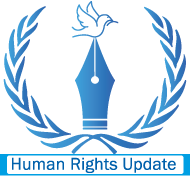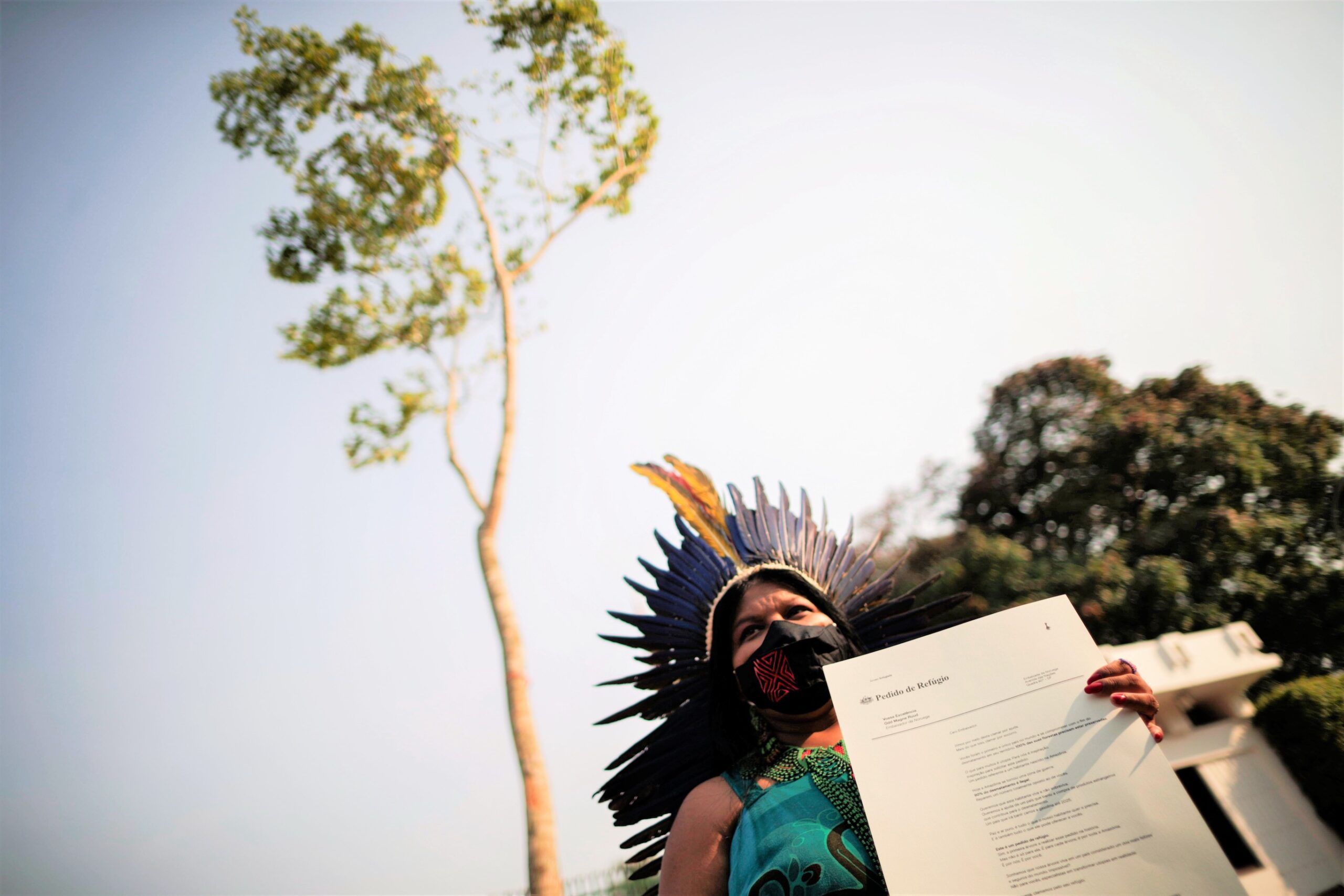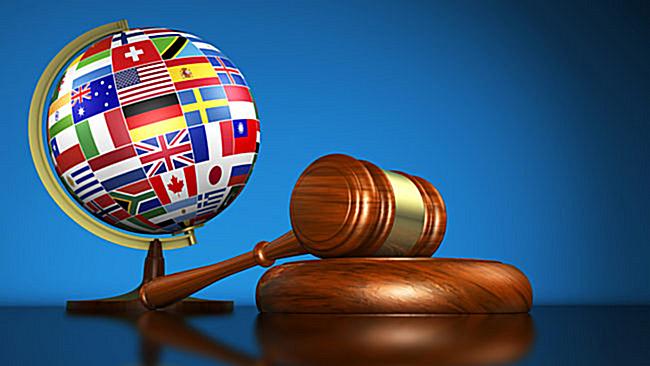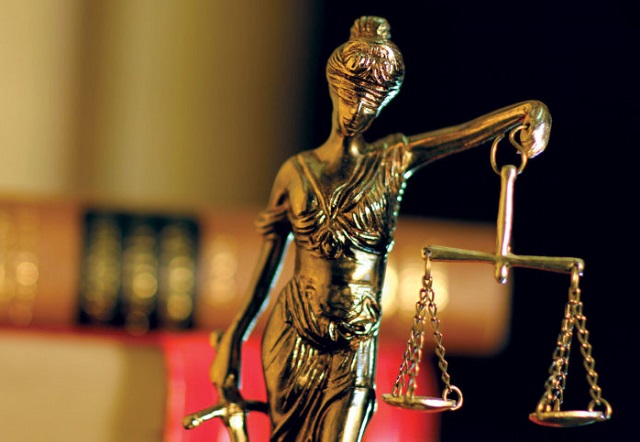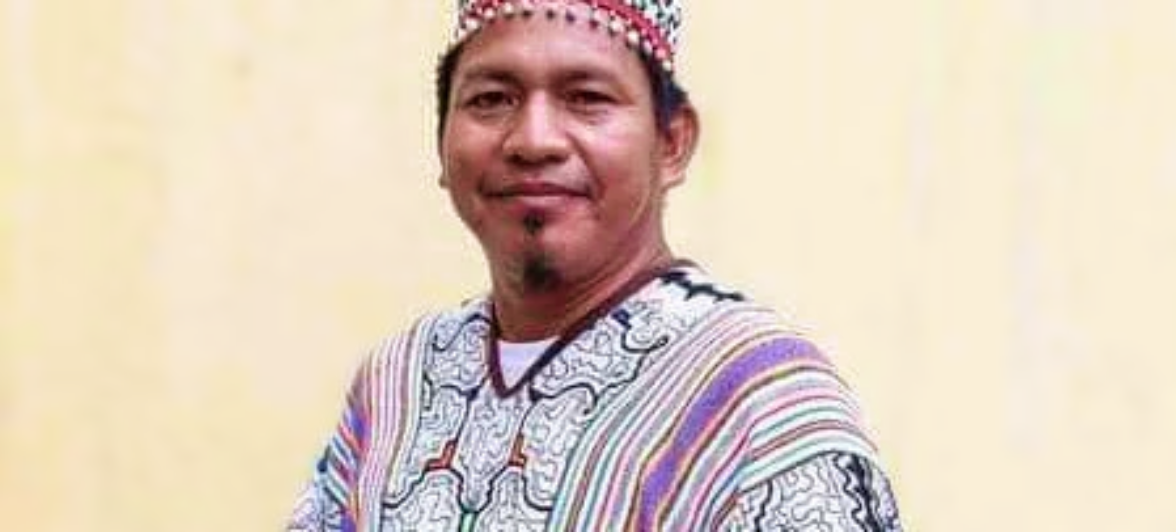The Awami League government in Bangladesh is facing growing international outrage and accusations of severe human rights violations following the alleged mistreatment, arbitrary arrests, and suspicious death of individuals critical of the government’s policies. These shocking revelations have ignited concerns about the state of democracy and human rights in the country.
Allegations of the government turning prisons into death cells have cast a dark shadow over the human rights landscape in Bangladesh. Critics, opposition activists, Islamic leaders, journalists, and human rights advocates are reportedly being arrested arbitrarily, imprisoned, and subjected to abhorrent conditions, including the consumption of poisoned food. Reports suggest that these disturbing practices have led to fatalities and the serious illness of individuals who hold strong opposition views.
The controversial death of Jamaat leader Mawlana Delwar Hossain Sayeedi on August 14 has further intensified concerns about the government’s actions. Sayeedi, who was sentenced to life imprisonment in connection with alleged crimes against humanity, died under suspicious circumstances at the Bangabandhu Sheikh Mujib Medical University (BSSMU) in the capital. His illness and treatment in custody have raised significant questions about the treatment of detainees under government custody.
In a baffling series of events, Sayeedi was transferred from Kashimpur Jail to Shaheed Tajuddin Ahmad Medical College Hospital in Gazipur on August 13, only to be referred to BSSMU for advanced treatment. Shockingly, during his time in medical care, his family alleges that they were left uninformed about his deteriorating health, a grave breach of human rights norms.
Disturbingly, reports from anonymous sources within Bangabandhu Sheikh Mujib Medical University have claimed that Sayeedi did not receive proper medical attention on the morning of August 14. Furthermore, allegations of a government directive prohibiting his treatment have come to light, deepening suspicions of foul play. Additional concerns have been raised about unidentified individuals visiting Sayeedi’s hospital room, leading to speculation about outside interference.
Experts and intellectuals in Bangladesh have expressed the view that the Awami League government appears to be pursuing a mission to suppress the Bangladesh Jamaat-e-Islami opposition group. The controversial trials and executions of several senior Jamaat leaders have fueled accusations of political vendettas and human rights abuses. The international community has closely watched these events unfold, with mounting calls for accountability and transparency in the handling of dissenting voices.
Human rights organizations, foreign governments, and concerned citizens both within Bangladesh and abroad have condemned the reported violations and demanded a thorough investigation into the matter. These accusations come at a crucial time, as national elections loom and the government’s actions have led to increasing domestic and international scrutiny.
As Bangladesh grapples with these grave allegations, citizens and the international community alike are looking to the government to uphold democratic principles, transparency, and the rule of law. The legacy of Mawlana Delwar Hossain Sayeedi’s tragic death underscores the urgency for thorough investigations, accountability, and the protection of human rights for all citizens.
The controversy surrounding the trial process for alleged war crimes and crimes against humanity has also raised significant doubts about the government’s commitment to justice and human rights. Critics argue that the judicial process has been compromised by political motives, particularly in cases involving leaders of the Bangladesh Jamaat-e-Islami.
Analysts have pointed out that the government’s identification of these individuals as “marked war criminals” even before proving their guilt in a court of law has cast doubts on the integrity of the trial. The establishment of the International Criminal Tribunal and its proceedings have been criticized for lacking transparency and adhering to international judicial standards. International observers’ limited access to the trials has further raised concerns about fairness and impartiality.
Legal experts emphasize that Bangladesh’s legal system is equipped to handle cases involving alleged crimes against humanity and war crimes without the need for specialized tribunals. The government’s pursuit of these cases through separate mechanisms has led to suspicions of political vendetta and an erosion of due process.
Furthermore, the controversial death of Mawlana Delwar Hossain Sayeedi has raised questions about the treatment of political detainees and the broader human rights situation in the country. The alleged lack of proper medical attention, the involvement of unidentified individuals in his hospital care, and the failure to inform his family of his condition have intensified concerns about the government’s treatment of prisoners and its commitment to basic human rights standards.
The government’s reported crackdown on political opposition, curbing of democratic rights, and allegations of forced disappearances, torture, and suppression of dissenting voices have garnered condemnation from various quarters. International organizations and human rights advocates have called for a comprehensive review of the human rights situation in Bangladesh and an impartial inquiry into these allegations.
As Bangladesh stands at a crossroads, it is crucial for the government to address these concerns promptly and transparently. Upholding democratic principles, ensuring a fair and impartial legal system, and safeguarding human rights are essential not only for the country’s domestic stability but also for its standing in the global community.
The tragic passing of Mawlana Delwar Hossain Sayeedi has become a symbol of the broader issues at play in Bangladesh’s current socio-political landscape. It serves as a stark reminder of the need for accountability, transparency, and respect for human rights to be at the forefront of the government’s actions and policies. As international pressure mounts, Bangladesh faces a critical moment in its journey toward ensuring justice, democracy, and human rights for all its citizens.
